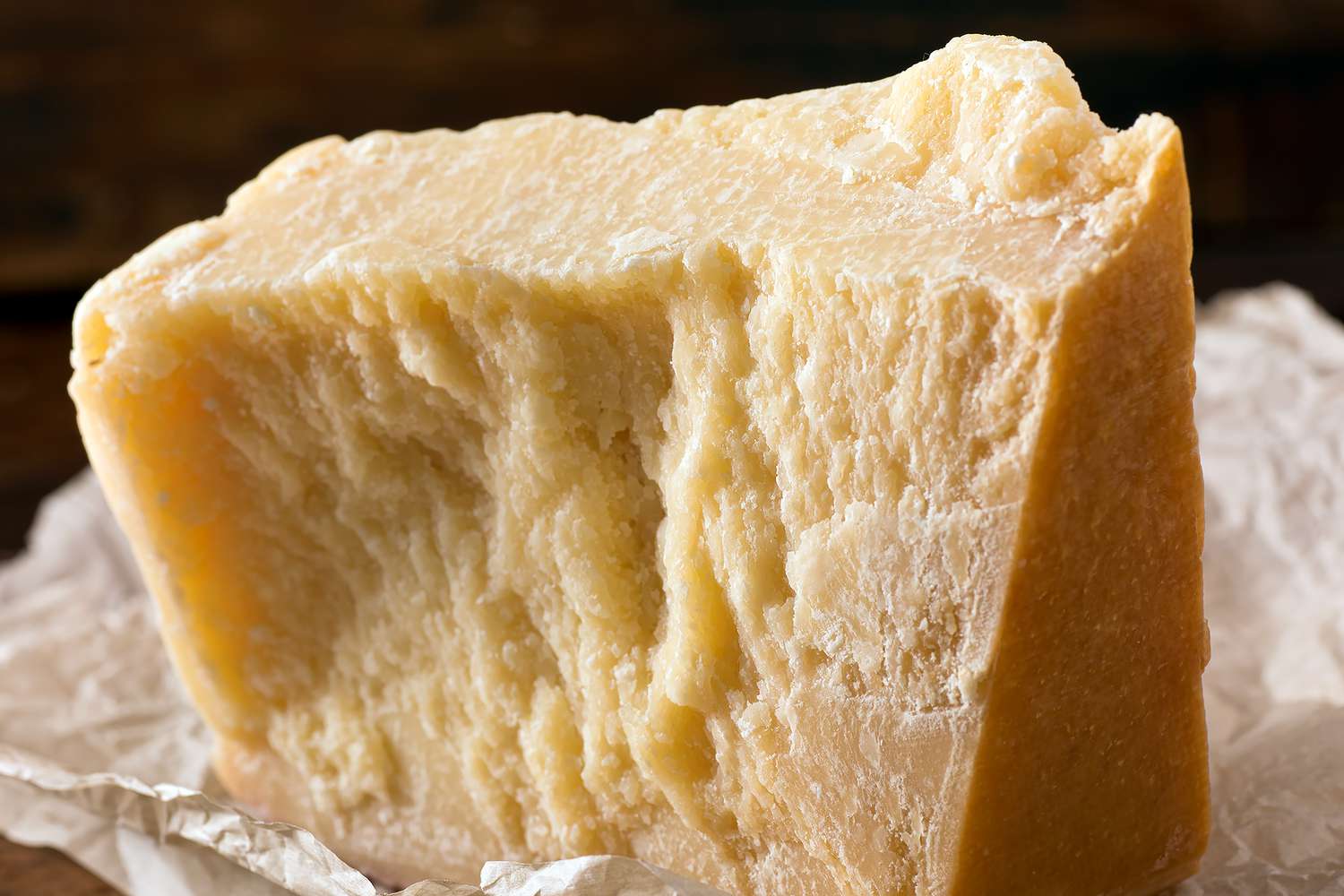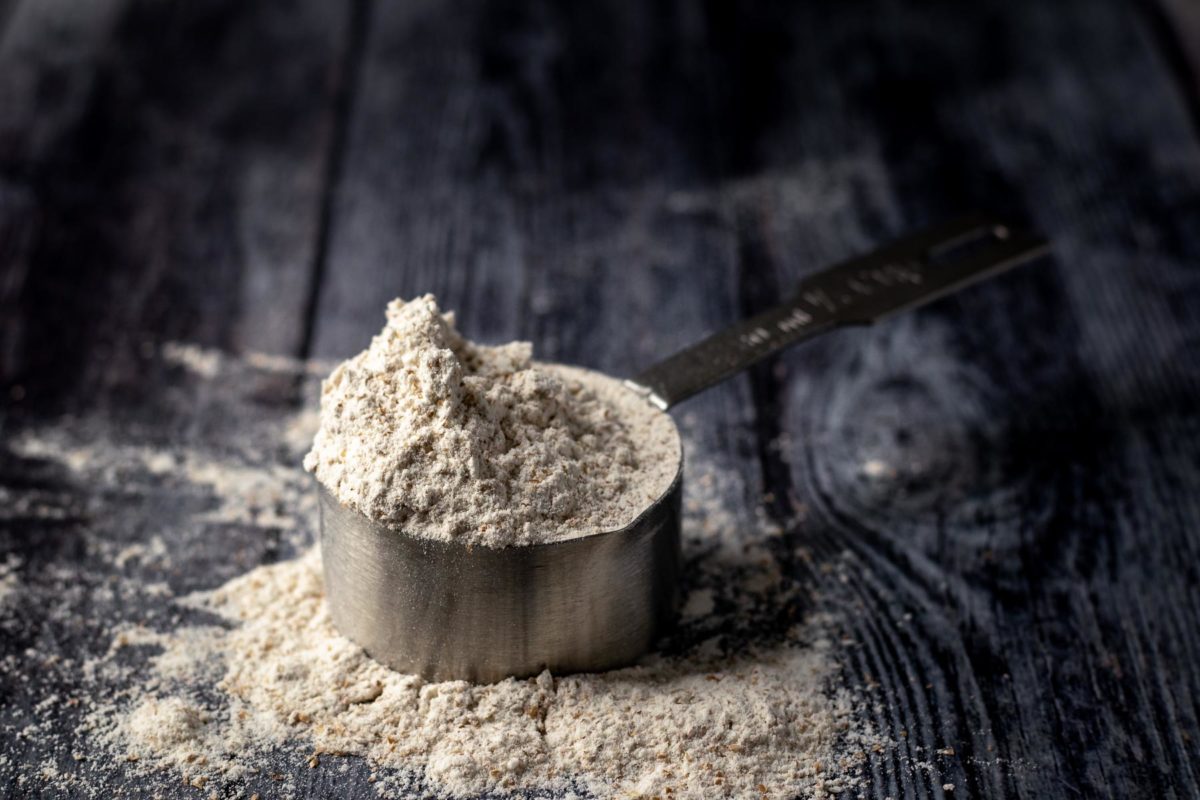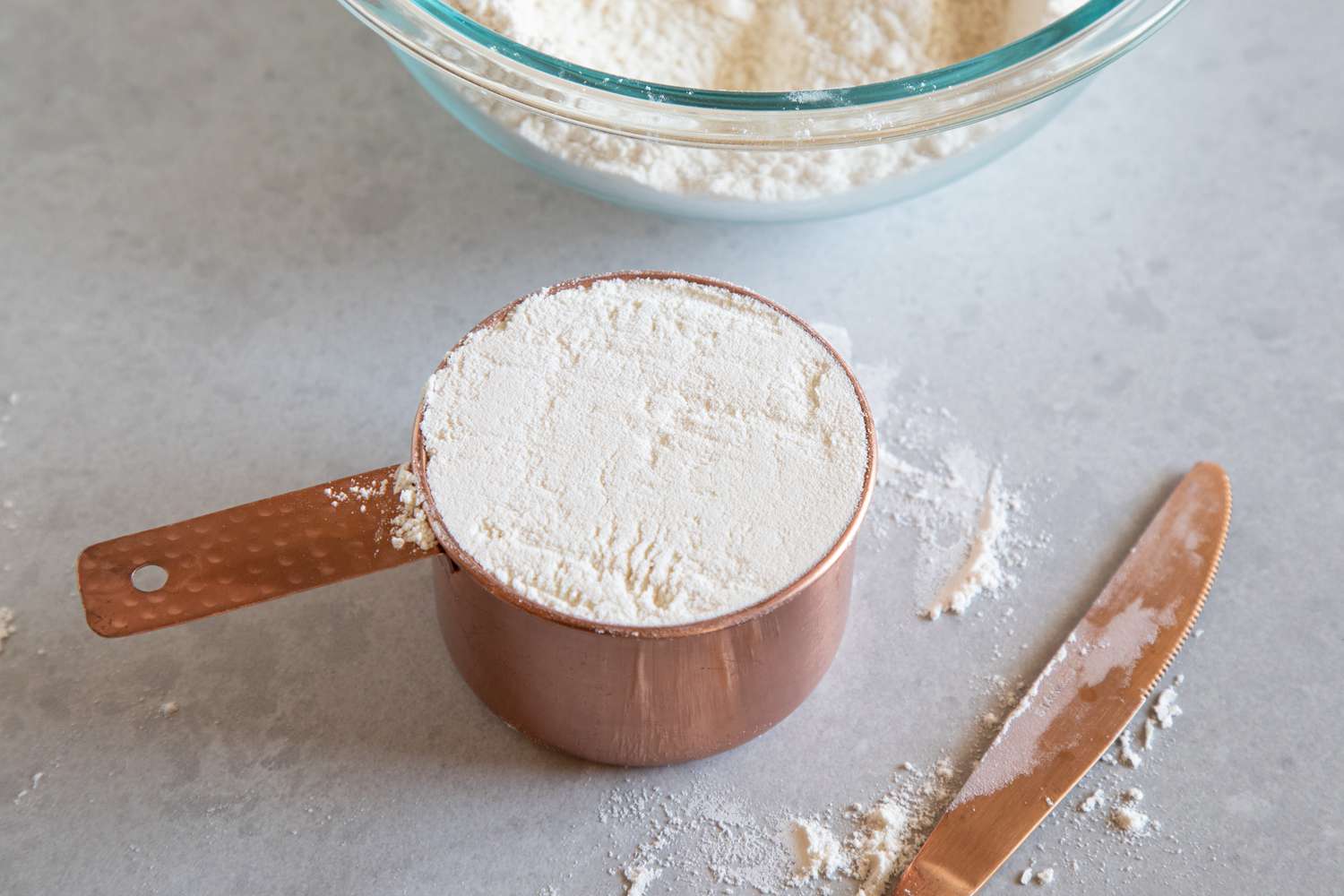Looking for a Substitute for Coconut Flour?
If you’re in the middle of a recipe and realize you’re out of coconut flour, don’t worry! There are several alternatives that can be used as a substitute. Whether you’re allergic to coconut, following a specific diet, or simply don’t have coconut flour on hand, these substitutes can help you achieve similar results in your baking and cooking endeavors.
Almond Flour
Almond flour is a popular substitute for coconut flour. It is made from finely ground almonds and has a slightly sweet, nutty flavor. When using almond flour as a substitute, keep in mind that it is denser than coconut flour, so you may need to adjust the quantity in your recipe. Additionally, almond flour contains more fat than coconut flour, so you may need to modify the amount of liquid in your recipe as well.
Arrowroot Powder
Arrowroot powder is a starchy substance that can be used as a substitute for coconut flour. It is derived from the root of the arrowroot plant and is often used as a thickening agent in cooking and baking. When using arrowroot powder as a substitute, keep in mind that it has a lighter texture than coconut flour, so you may need to use less of it in your recipe.
Cassava Flour
Cassava flour is another alternative to coconut flour. It is made from the cassava root and has a mild flavor, making it a versatile option for various recipes. When using cassava flour as a substitute, keep in mind that it has a finer texture than coconut flour, so you may need to adjust the quantity in your recipe accordingly.
Tapioca Flour
Tapioca flour, also known as tapioca starch, is a gluten-free flour that can be used as a substitute for coconut flour. It is made from the starchy liquid extracted from the cassava root and is often used as a thickening agent in cooking and baking. When using tapioca flour as a substitute, keep in mind that it has a light, airy texture, so you may need to use less of it in your recipe.
Chickpea Flour
Chickpea flour, also known as garbanzo bean flour, is a protein-rich flour that can be used as a substitute for coconut flour. It is made from ground dried chickpeas and has a slightly nutty flavor. When using chickpea flour as a substitute, keep in mind that it has a denser texture than coconut flour, so you may need to adjust the quantity in your recipe.
Conclusion
When it comes to finding a substitute for coconut flour, there are several options to choose from. Whether you opt for almond flour, arrowroot powder, cassava flour, tapioca flour, or chickpea flour, each alternative offers its own unique flavor and texture. Experimenting with these substitutes can open up a world of possibilities in your cooking and baking adventures, allowing you to create delicious dishes without the need for coconut flour.
So, the next time you find yourself without coconut flour, don’t panic. Simply reach for one of these substitutes and get back to creating mouthwatering meals and treats in no time!
Was this page helpful?
Read Next: What Is 120 G In Cups











